Lucidea’s Lens: Knowledge Management Thought Leaders Part 71 – Rob Cross

Stan Garfield

Rob Cross is an author, professor, and researcher who has studied the underlying networks of effective organizations and the collaborative practices of high performers.
Working with more than 300 organizations and reaching thousands of leaders, he has identified specific ways to cultivate vibrant, effective networks at all levels of an organization and at any career stage.
He is Senior Vice President of Research at the Institute for Corporate Productivity (i4cp) and the Edward A. Madden Professor of Global Leadership at Babson College. Rob is also the co-founder and director of the Connected Commons, a consortium of over 150 leading organizations accelerating network research and practice. Rob specializes in agility, well-being, innovation, collaboration, and network analysis.
Books
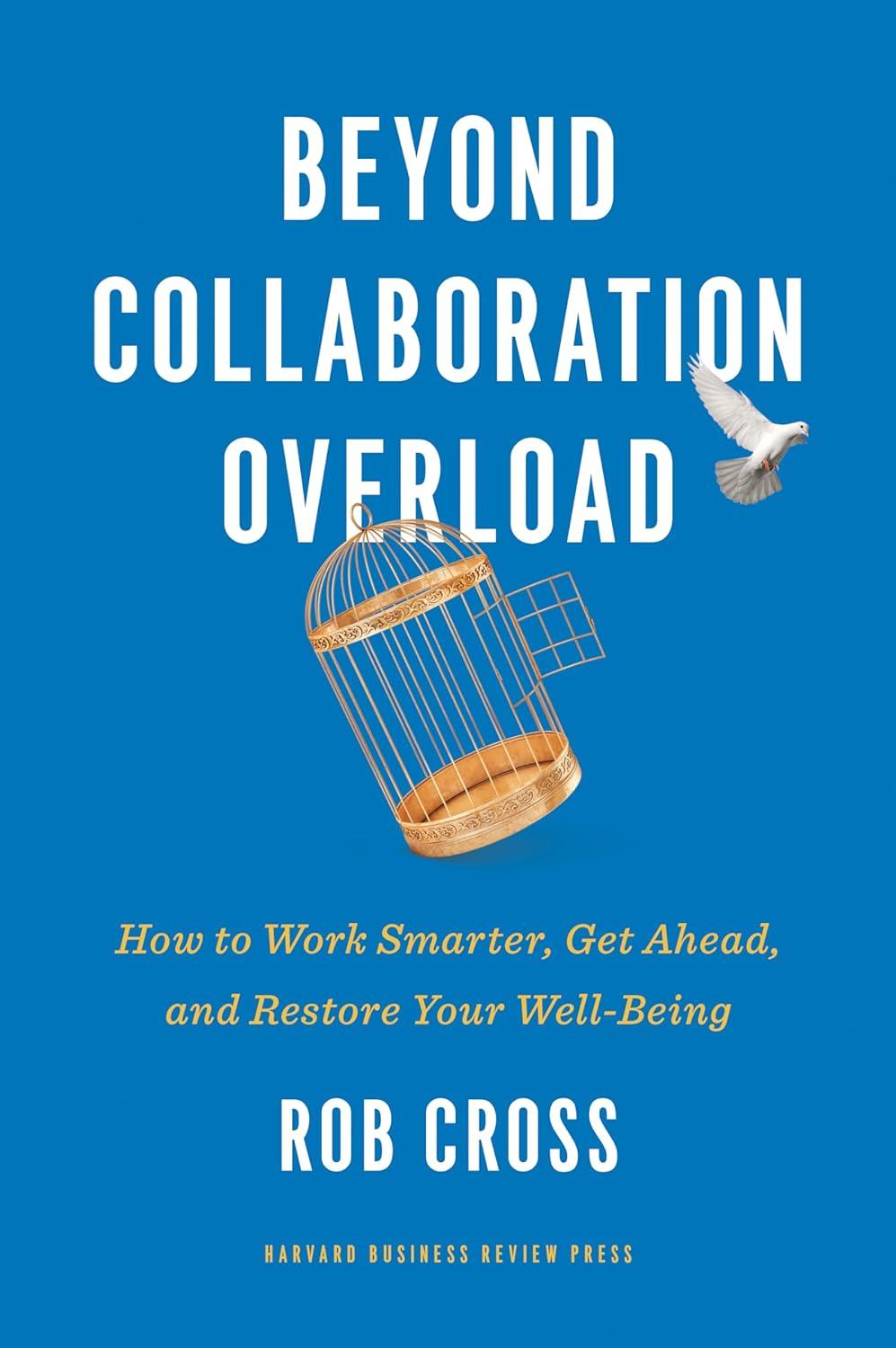
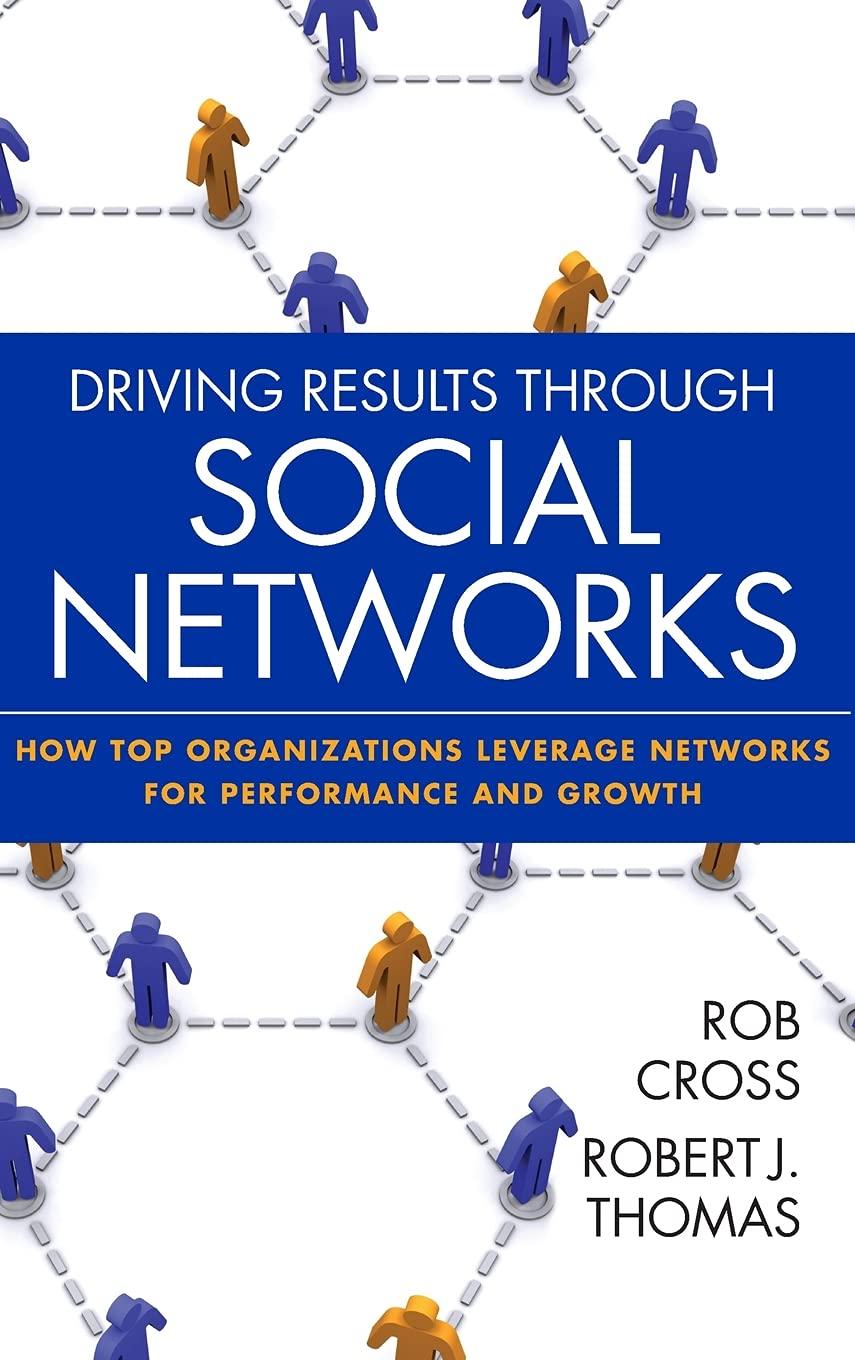
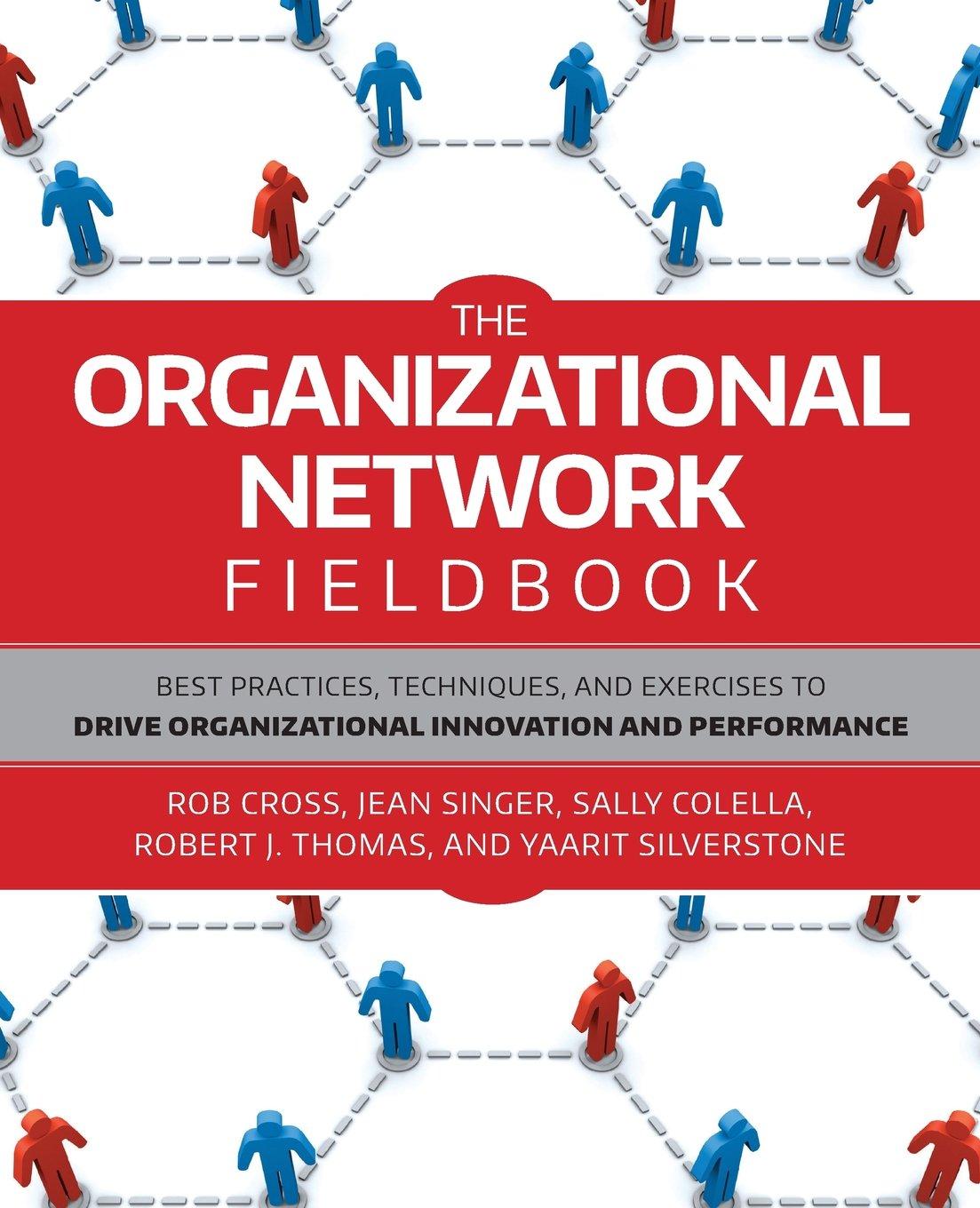
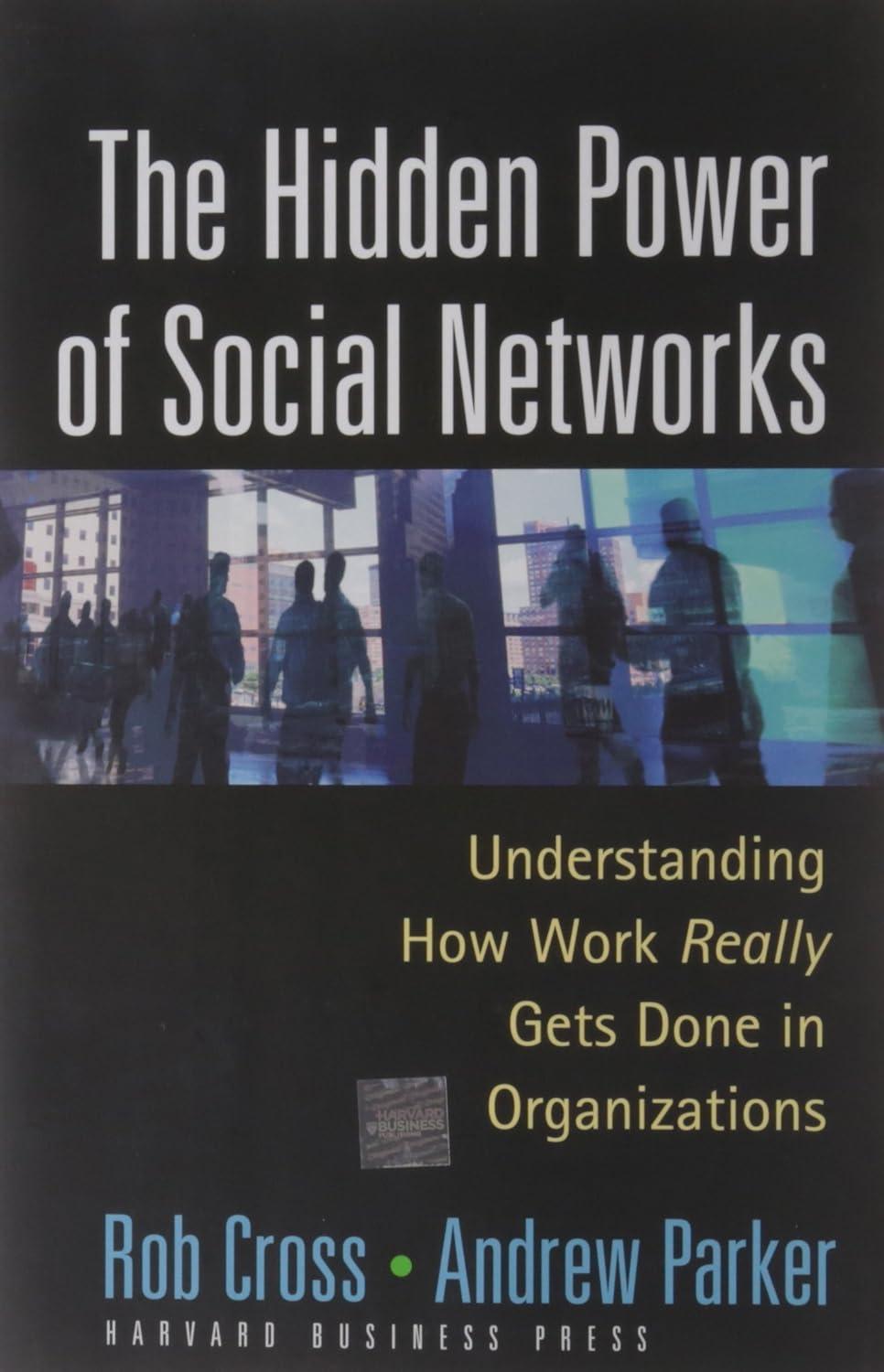
Network Analysis Enhances Merger Integration
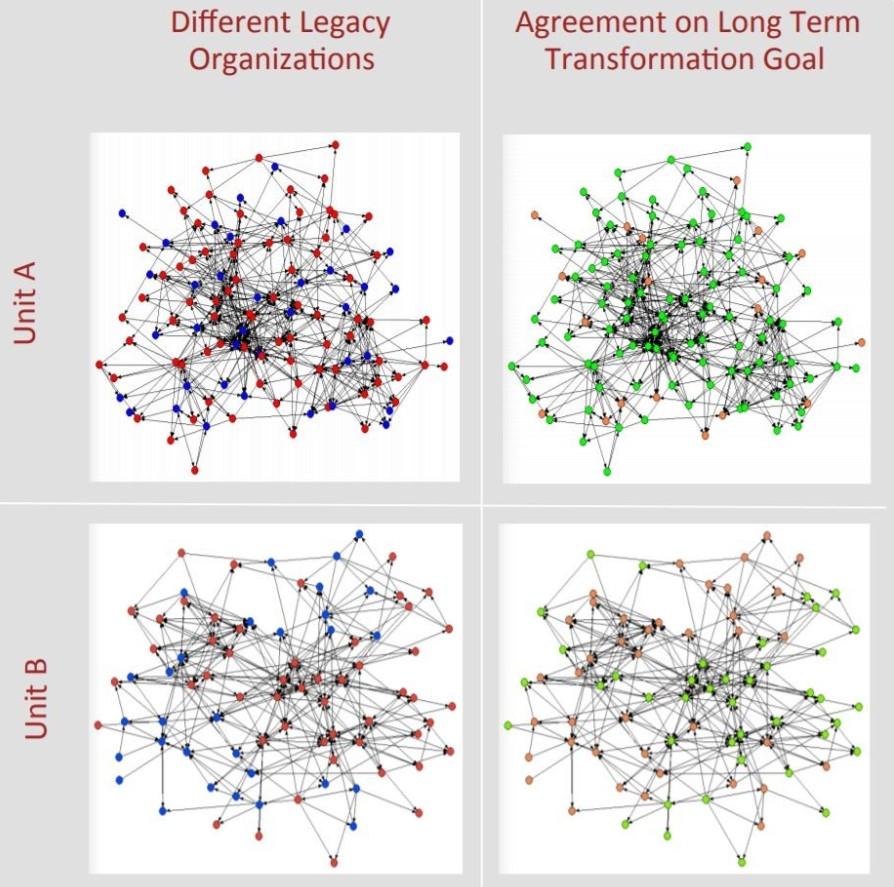
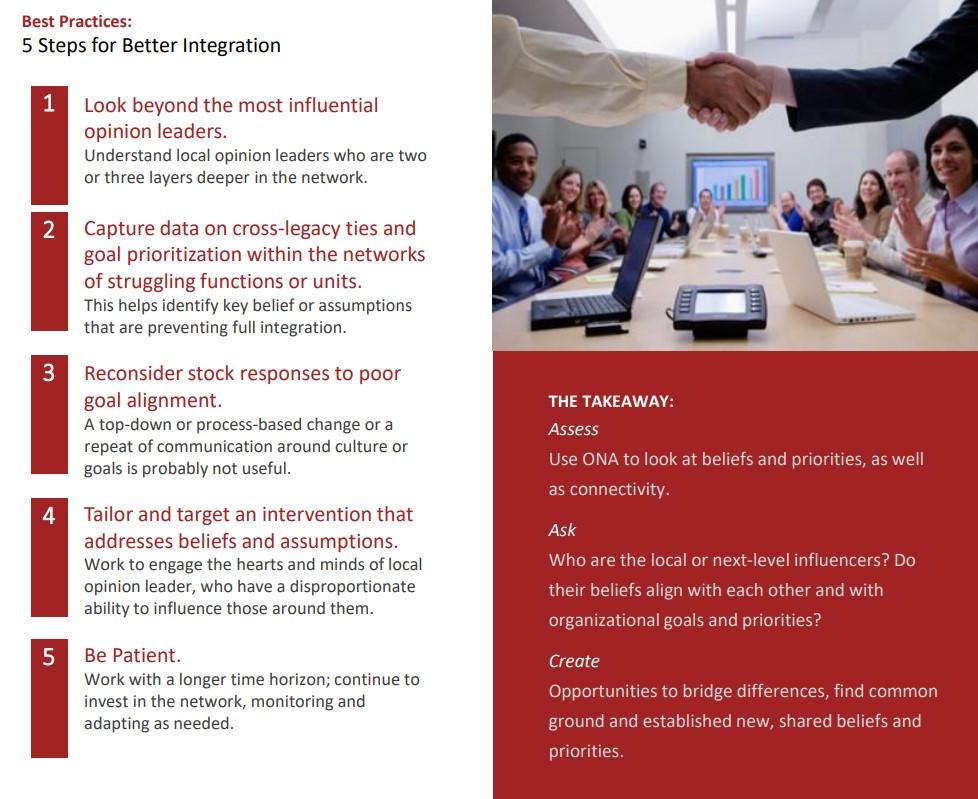
5 Ways Successful Collaborators Reach Their Goals
- Focus on your strengths.
- Focus on connections.
- Manage to your best rhythm of work.
- Sculpt your work to align with your objectives.
- Block time in your calendar for more-reflective work.
Where We Go Wrong with Collaboration
By collaborating in a more purposeful fashion, the successful people I studied were 18-24% more efficient than their peers. In-depth interviews with more than 600 successful women and men showed how they accomplished this feat through three categories of behaviors:
- Identifying and challenging beliefs that lead us to collaborate too quickly
- Imposing structure in our work to prevent unproductive collaboration
- Altering behaviors to create more efficient collaboration
Reflect on the statements below and consider which beliefs you need to guard against:
- “My desire to help others makes me too easy an outlet for collaborative requests.”
- “My sense of fulfillment from accomplishment leads me to engage in collaborative work that creates overload.”
- “My desire to be influential or recognized for my expertise creates excessive reliance on me.”
- “My concern with being labeled a poor performer leads me to engage in collaborations that create overload.”
- “My need to be right leads me to spend too much time preparing for and engaging in collaborative activities.”
- “Fear of losing control of a project — or a belief that I am the most capable person to do the work well — keeps me from delegating tasks or connecting people around me.”
- “My need for closure results in communications that create unnecessary work and stress for others and drive future interactions back to me.”
- “My discomfort with ambiguity and managing adaptation as a project unfolds results in excessive collaborative work to overly perfect or obtain buy-in for a plan.”
- “FOMO drives me to engage in collaborative work that creates overload.”

Stan Garfield
Lucidea presents “Profiles in Knowledge Part Three” the third of four free webinars based on Stan Garfield’s upcoming book, Profiles in Knowledge. He will detail five categories associated with the discipline of knowledge management, including Collaboration and Conversation, and spotlight KM practitioners with substantive impact in these areas. Join us TODAY, May 23, at 11 a.m. Pacific, 2 p.m. Eastern. Register now!
Never miss another post. Subscribe today!
Similar Posts
Lucidea’s Lens: Knowledge Management Thought Leaders Part 106 – Hubert Saint-Onge
As the creator of the Knowledge Assets Framework Hubert has shaped how businesses integrate strategy leadership and knowledge sharing to drive performance.
Lucidea’s Lens: Knowledge Management Thought Leaders
Part 105 – James Robertson
James Robertson is a pioneer in intranet strategy and digital workplace design helping organizations create seamless employee experiences. As the Founder of Step Two and a respected industry voice he has shaped best practices in content management portals and digital experience design.
Lucidea’s Lens: Knowledge Management Thought Leaders
Part 104 – Vincent Ribière
Vincent Ribière advances knowledge and innovation management through AI creativity and KM. Explore his work in academia research and industry leadership.
Lucidea’s Lens: Knowledge Management Thought Leaders Part 103 – Tony Rhem
In this edition of Lucidea’s Lens: Knowledge Management Thought Leaders we highlight Dr. Tony Rhem a leading expert in AI big data information architecture and innovation. As CEO of AJ Rhem & Associates Tony has shaped the fields of knowledge management governance and emerging technologies.





Leave a Comment
Comments are reviewed and must adhere to our comments policy.
0 Comments